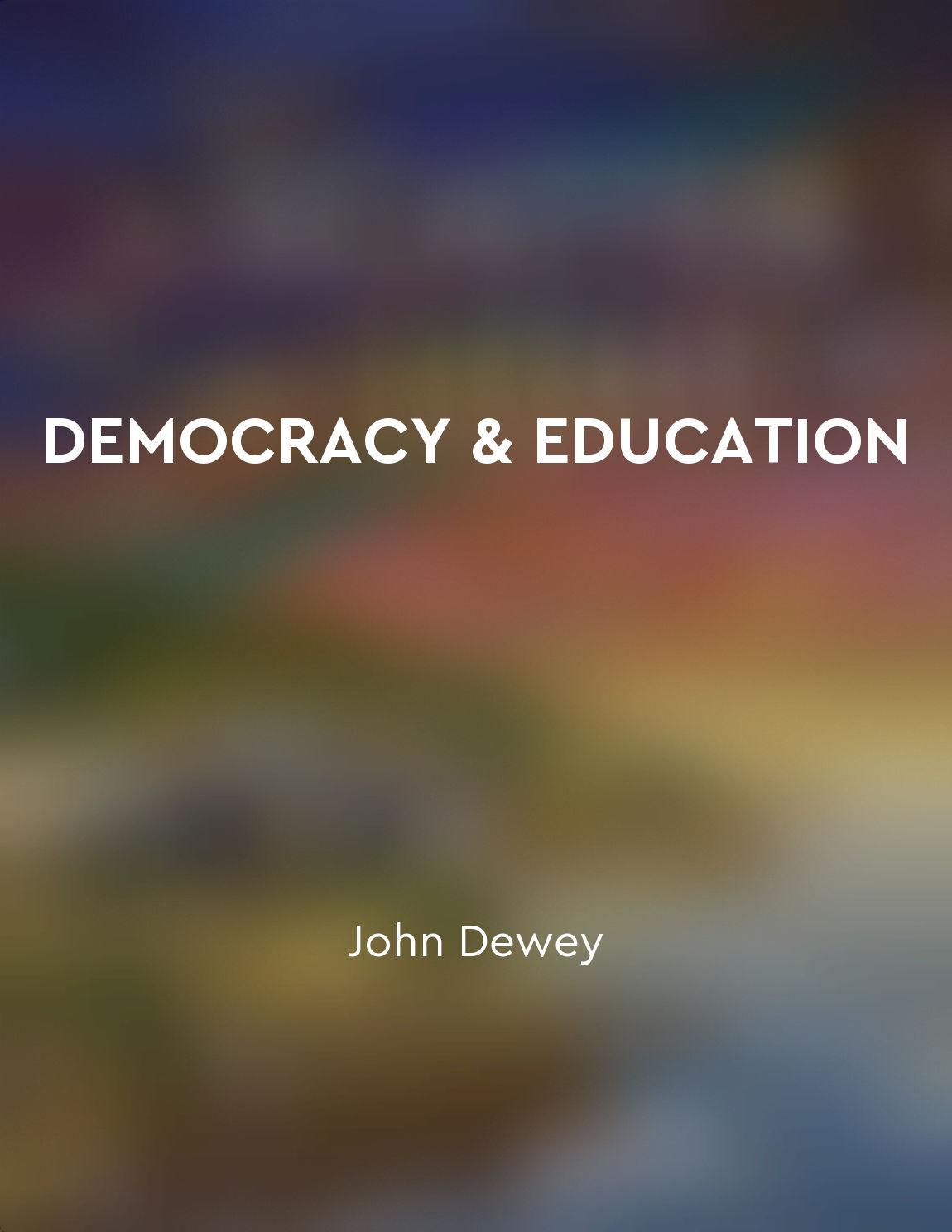Types of political systems from "summary" of Political Philosophy by Henry Brougham Baron Brougham and Vaux
Political systems can be classified into various types based on their structure and functioning. One such classification is the distinction between democratic and authoritarian political systems. In a democratic system, power is derived from the people through fair and free elections. Citizens have the right to participate in decision-making processes, and the government is accountable to the people. This type of system values individual freedoms, human rights, and the rule of law. On the other hand, authoritarian political systems are characterized by a concentration of power in the hands of a single leader or a small group of individuals. Citizens have limited or no say in the governance of the country, and dissent is often suppressed. The government in an authoritarian system may use force or coercion to maintain control and keep opposition in check. This type of system prioritizes stability and order over individual rights and freedoms. Another way to categorize political systems is based on their economic ideology. Capitalist political systems prioritize free market principles, private property rights, and limited government intervention in the economy. Competition and profit motives drive economic decisions, and individuals have the freedom to pursue their own economic interests. Socialist political systems, on the other hand, emphasize public ownership of the means of production, wealth redistribution, and social welfare programs. The government plays a more active role in regulating the economy and ensuring social equity. Furthermore, political systems can also be classified based on their level of decentralization. Unitary systems concentrate power at the national level, with the central government making most decisions and delegating limited authority to lower levels of government. Federal systems, on the other hand, distribute power between the national government and subnational entities such as states or provinces. This division of power helps accommodate regional diversity and allows for more localized decision-making.- Political systems can be categorized in various ways, each highlighting different aspects of governance and power dynamics. Whether democratic or authoritarian, capitalist or socialist, unitary or federal, each type of political system has its own strengths and weaknesses. Understanding these distinctions can help us analyze and compare different political systems and their impacts on society and individuals.
Similar Posts

Students must learn to engage with different perspectives
In order to truly grasp the complexities of the world they inhabit, students must learn to engage with different perspectives. ...

Free markets promote freedom
The fundamental idea that underlies the concept of free markets promoting freedom is the notion that individuals should have th...
Environmental factors affect inequality
The impact of environmental factors on inequality is profound. Different levels of access to resources such as clean water, ara...
The welfare state is essential for social stability
The welfare state is essential for social stability because it provides a safety net for individuals in times of need. Without ...
The concept of the political is at the core of human existence
The political is not just an aspect of human life, but rather it lies at the very heart of human existence. It is through the p...
The road to serfdom is a warning against totalitarianism
In our current political climate, many are tempted to believe that central planning and government control can solve all of soc...
The political is defined by the distinction between friend and enemy
The essence of the political lies in the distinction between friend and enemy. This distinction is not based on personal relati...
China's growth is threatened by its extractive institutions
China's growth is hampered by its extractive institutions. These institutions are designed to extract resources and wealth from...
Power structures are fragile
Power structures are indeed fragile. They rely on the obedience and compliance of the people to maintain their authority. When ...

